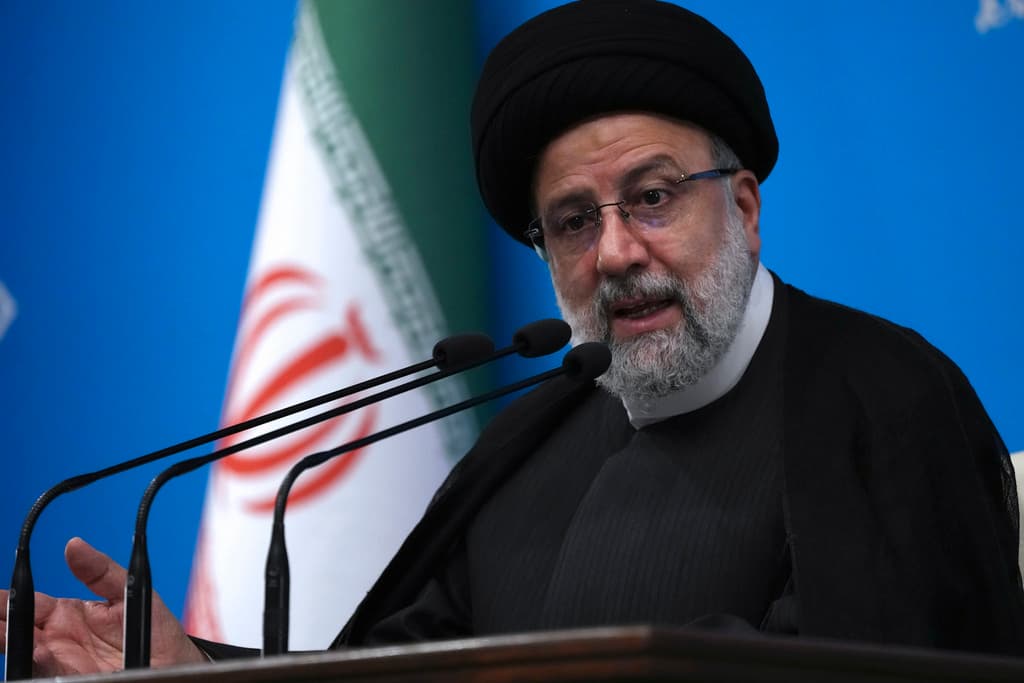With Its Failed Attack on Israel, Iran Has Lost the Narrative
The Islamic Republic is a tinderbox that could, at any moment, be set alight with protests over inflation, human and women’s rights, and minority grievances.

Iran will continue to spin its surreal and unprecedented missile and drone attack on Israel as a bold, fitting, and effective response to the killing of its senior foot soldiers in Damascus, but it has achieved the unintended. It has taken the heat of criticism off Israel. And that pressure on Israel actually served Iran’s purposes well, especially within the “Axis of Resistance.” A former Iranian diplomat, Mehrdad Khonsari, tells the Sun that Tehran has just shot itself in the foot.
Please check your email.
A verification code has been sent to
Didn't get a code? Click to resend.
To continue reading, please select:
Enter your email to read for FREE
Get 1 FREE article
Join the Sun for a PENNY A DAY
$0.01/day for 60 days
Cancel anytime
100% ad free experience
Unlimited article and commenting access
Full annual dues ($120) billed after 60 days

